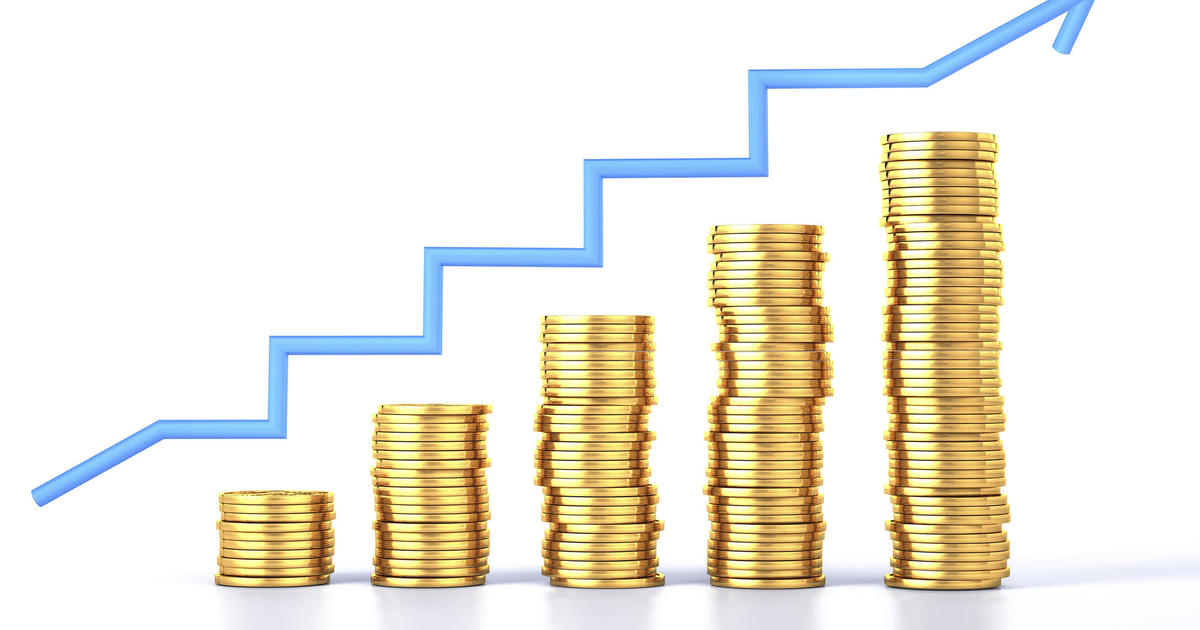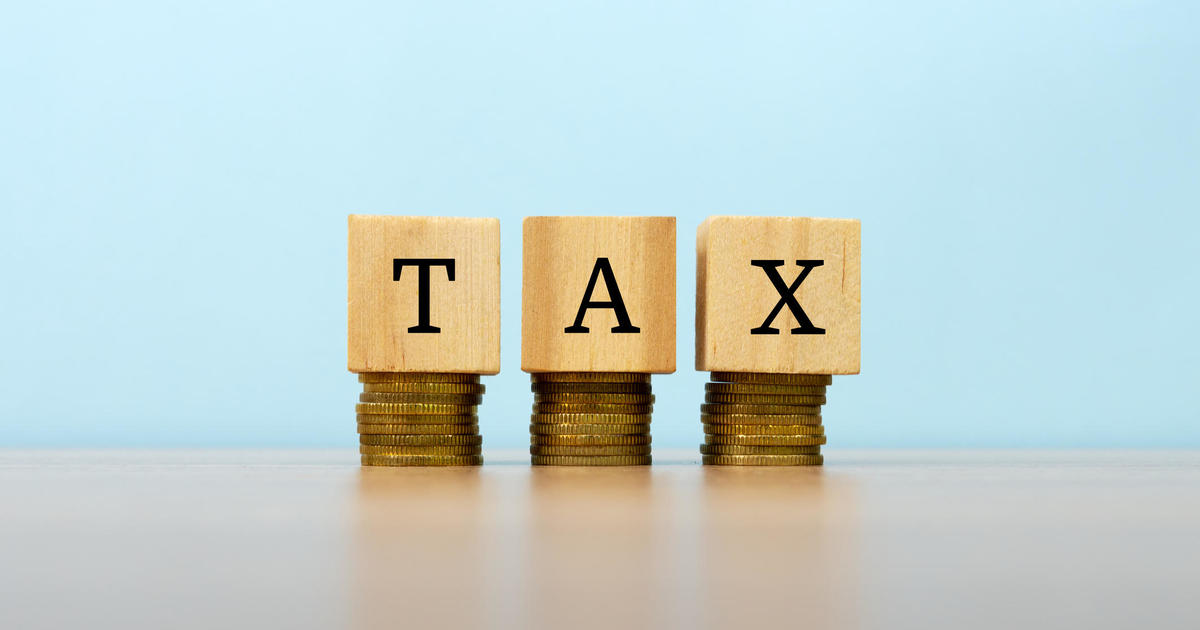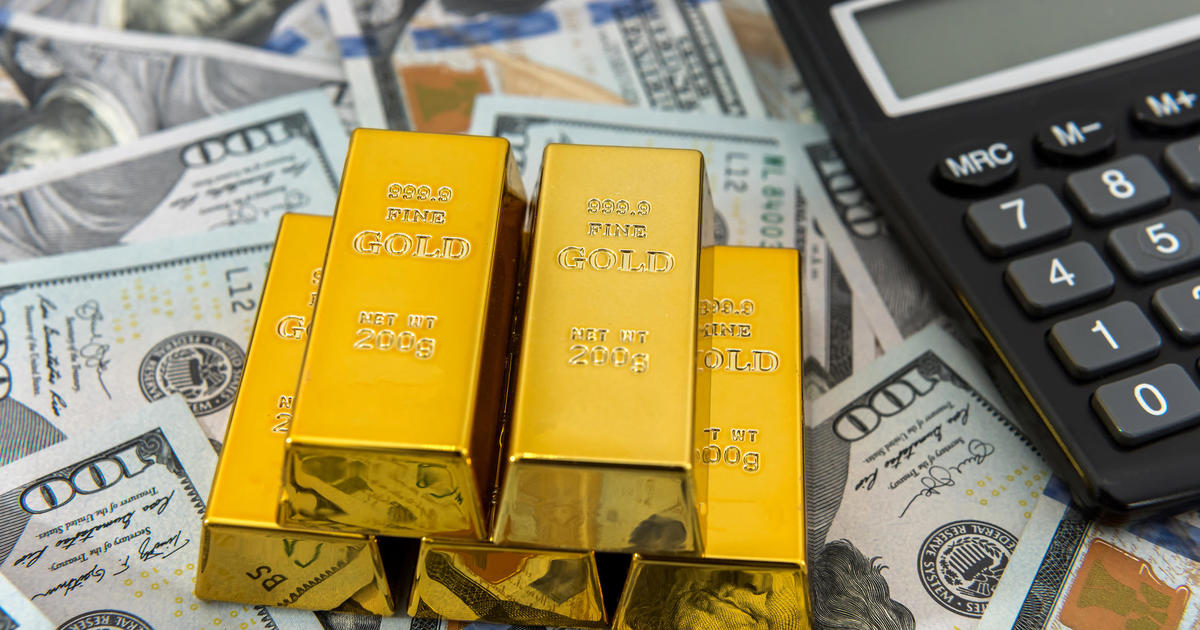5 hidden costs to consider when buying gold
When it comes to portfolio diversification, many investors choose to offset the risks from stocks or bonds — or other risky investments — by investing in gold. By adding this precious metal to their portfolios, investors aren't just diversifying their investments, either. They're also helping to hedge against inflation and preserve their wealth — two unique benefits that come with investing in gold.
But while gold investing is a simple and smart way to diversify your portfolio while accessing other unique perks, there are extra costs to consider with this strategy. Gold investing still pays off for many investors — even with the added expenses — but it's still important to know what they are beforehand. After all, it's important to make informed decisions for your money — and at the end of the day, these charges could impact your overall returns if you aren't careful.
Get started today and learn more about gold investing with a free information kit.
5 hidden costs to consider when buying gold
Adding gold to your portfolio can be an excellent way to diversify your investments and hedge against losses from risky bets or inflation, but it's important to understand the extra costs it could come with. These include:
Purchase premiums and transaction costs
If you're buying physical gold, such as gold coins or bars, you may have to pay a premium over the current market price. This premium includes a number of different costs, such as fabrication, transportation, brokerage fees and dealer commissions.
While these premiums can vary, they can significantly impact the overall cost of your investment — and may not be recouped when you sell the gold. It's possible to find physical gold to invest in without high purchase premiums, of course, but you'll have to do your homework and compare the costs among reputable dealers or brokers to find the best option for you.
But it's not just physical gold that comes with extra transaction costs. If you're investing in gold-related stocks or gold exchange-traded funds (ETFs), you'll typically have to pay for broker commissions when buying or selling. These costs can add up quickly if you're making multiple transactions or buying and selling on a regular basis, so make sure you know what the extra costs are before you take this route.
Explore the benefits of gold investing here now.
Storage and insurance
When you buy physical gold, you're buying a tangible asset — and as such, you need a place to safely store it. And, storing physical gold comes with its own set of costs.
You have numerous options when it comes to storage, including storing your gold on your own. But many investors choose to store their gold in secure vaults offered by third parties, called gold custodians, which typically charge fees based on the size and value of your holdings.
These fees can vary, but in many cases are calculated as a percentage of the value of your overall investment. So if you have a lot of money invested in gold, the extra costs could add up quickly.
You should also insure your gold against theft, damage or loss — which adds to the ongoing expenses. Over time, these storage and insurance costs can chip away at your returns if you aren't careful.
Opportunity cost
Investing in gold requires tying up capital that could have been deployed elsewhere, potentially generating higher returns. If your gold investment remains relatively stagnant while other investment opportunities flourish, you may incur an opportunity cost in terms of missed gains.
Tax implications
The tax treatment of gold investments can be complex. In some cases, gains from gold investments might be subject to capital gains tax, which can impact your overall returns.
That said, certain types of gold investments, like gold individual retirement accounts (IRAs), can help to lower your taxes. So, before you invest, it's crucial to understand any tax implications, and what types of gold investments can help lower them, to avoid paying more than necessary.
Market volatility and timing
Gold prices can be volatile, especially over the short term, and it's not uncommon for gold to experience significant price fluctuations over short periods. So, if you buy gold during a price peak and later need to sell during a price slump, you might incur losses.
To avoid this, it's best to take a long-term approach to gold investing. Gold tends to grow in value over time — and, as such, it can be a reliable way to diversify your portfolio. However, you shouldn't expect opportunities for large, short-term gains with this precious metal.
The bottom line
Investing in gold can undoubtedly be a valuable addition to your investment strategy, providing stability and diversification to your portfolio. However, it's crucial to approach gold investing with a clear understanding of the hidden costs involved. By factoring in these often overlooked expenses, you can make more informed decisions and manage your expectations about the potential returns from your gold investment.
for more features.




